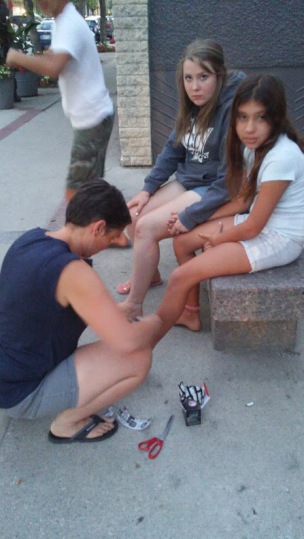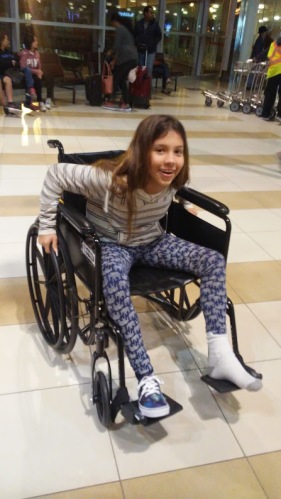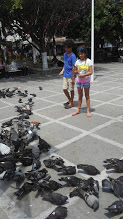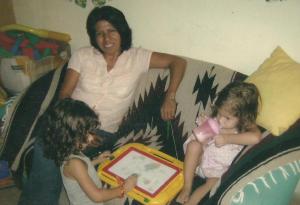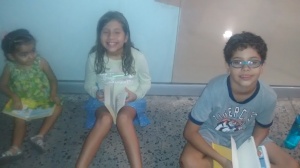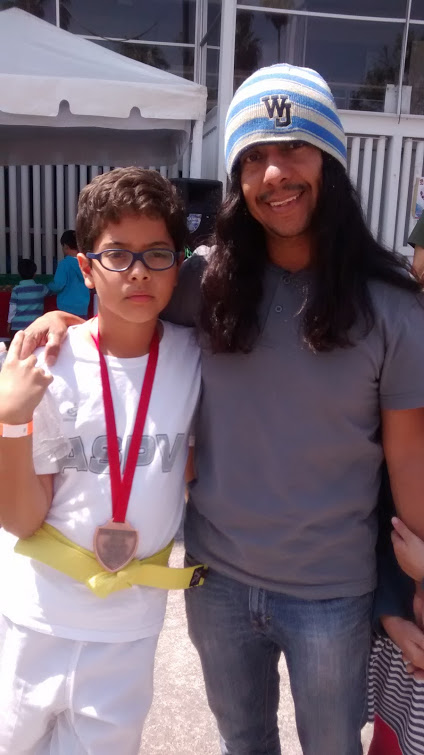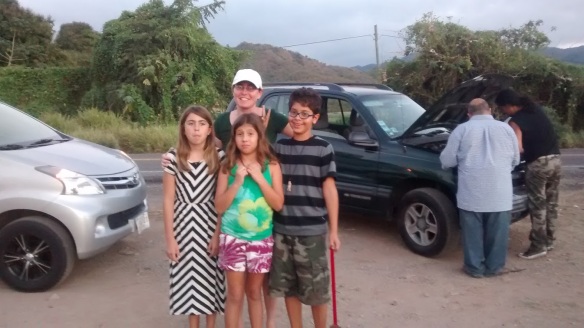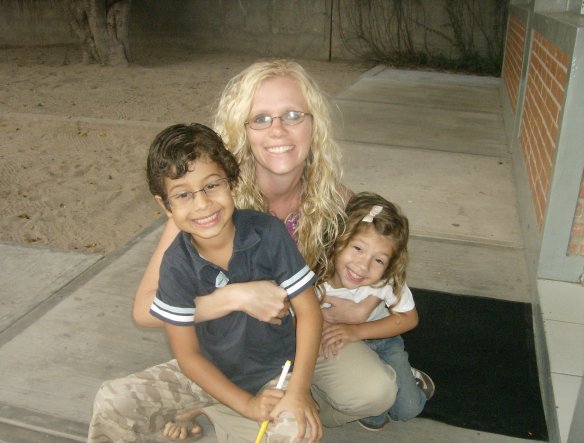You often hear about problems that girls experience in their peer groups and friendships in the pre-teen and teen years. It’s a phenomenon that inspired the movie “Mean Girls”. We tend to accept it as a normal, even humorous, part of childhood. But I don’t think we should.
Girls AND boys look for ways to belong, especially in the pre-teen and teen years. They are developing an identity apart from their parents, and they are searching for a family outside of their immediate one where they feel accepted for who they are – their tribe, as I like to call it. When they lose their place in their tribe, it can be devastating; like being kicked out of a family, like losing a piece of themselves.
My daughter recently went through something like this. She has a group of friends online because they live far from each other and they communicate through a web messaging site. She owns an Ipod Touch and uses the site when she has WiFi. She and one of the other girls had had a disagreement recently, and the other girl had begun to ask their friends to block my daughter. Some of they did, and it was very painful for her to watch them drop away, one by one.
She came to me in tears and we talked it all through. It was one of those moments as a mother where my inner Mama Bear began to lumber up on her haunches and growl softly, attempting to stifle the Reasoning and Teaching portions of my brain. I listened to my girl (muting the growling just a moment), and then I waited a minute to respond. I measured my words, because Mama Bear was still struggling weakly against the restraints of my prefrontal cortex.
First, I asked her what she said that might have contributed to the other child’s anger. I asked if there was any responsibility she might need to take for that.
Then, I asked her what we could do (I said “we” so she understood that she wasn’t alone and that I wasn’t going anywhere). We devised a plan of apologizing for the part she may have played in the misunderstanding, telling the friends she wished them well, and then letting go.
We talked about the value of friendship, but that hanging on to a cycle of conflict wasn’t the right thing to do for her OR for the other girl. She chose to let go, but with an openness to reconciliation down the road.
And then we talked about the friends in her life who lifted her up, and helped her be a better person, and who wanted good things for her (there are several). With good friends, we can achieve so much. And we want to achieve. We don’t want to curl up in the mire of hurt feelings and gossip. We want to stand up, climb higher, and begin the work of making our dreams come true.
That same week my daughter’s class put on a wax museum where they had to depict characters from the American and Mexican revolution. My daughter took on the role of Juana Belem Gutierrez de Mendoza on the Mexican Revolution day. She had to research her character and then write a speech that would inform the visitors to the wax museum who she was.
What I learned from my daughter was that Juana was a revolutionary, a feminist, a poet and a journalist in the early 1900’s. She didn’t have time to worry about hurt feelings or what people may have thought of her. I am pretty sure she heard people call her names that would have caused her pain. She even spent time in prison for her activism. But she stood up and fought for the rights of all human beings in her country, and didn’t stop no matter what it cost.
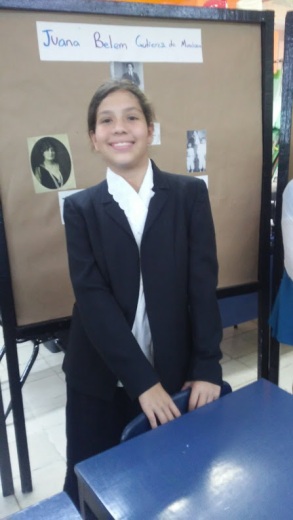
We don’t have to accept that gossip and social exclusion is a natural part of childhood. We can show them that we are on this planet to do so much more, that our relationships and our actions can mean so much more. We can show them what strong women can do. And we can help them rise to a level where there’s room for us all.

